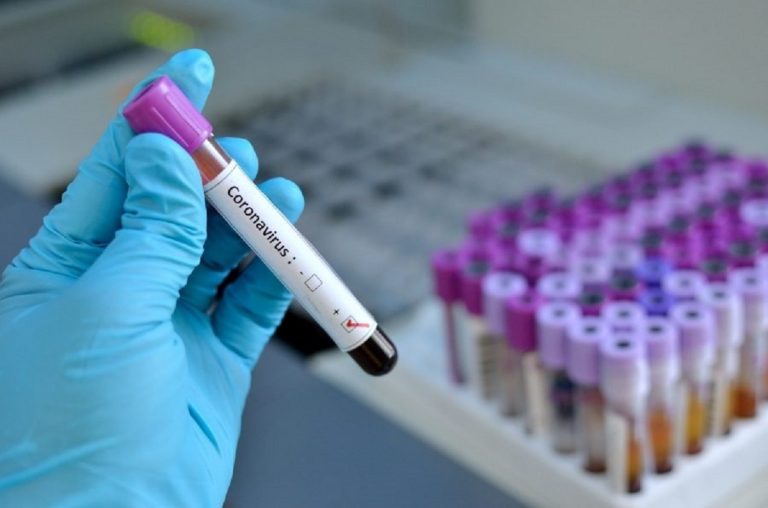Coronavirus, the symptoms can be mild, like those of a cold or they can be more severe if breathing difficulties develop: the effect in your lungs.

Covid-19 or Coronavirus is become known as a a cluster of pneumonia cases with an unknown cause. It was found to be a new virus as severe acute respiratory syndrome Coronavirus 2, or Sars-CoV-2. The illness caused by the virus is Covid-19.
World Health Organization (WHO) declared that Covid-19 is a pandemic. The symptoms can be mild, like cold symptoms or can be hard if it develops difficulty in breathing. But WHO says it is only one person in six becomes seriously ill and develops difficulty breathing.
The organizations also said that about 80% people with Coronavirus recover don’t need any specialist treatment.
- READ MORE: Coronavirus: how to make a surgical mask at home
- READ MORE: Coronavirus: how to make a hand sanitizer at home
Coronavirus, the effect in your lungs
Guardian Australia spoke with Prof John Wilson, president-elect of the Royal Australasian College of Physicians and a respiratory physician says people who catch Covid-19 can be placed into four broad categories. The least serious are those people who are “sub-clinical” and who have the virus but have no symptoms. Next are those who get an infection in the upper respiratory tract, which, Wilson says, “means a person has a fever and a cough and maybe milder symptoms like headache or conjunctivitis”.
Those people with minor symptoms are still able to transmit the virus but may not be aware of it. The largest group of those who would be positive for Covid-19, and the people most likely to present to hospitals and surgeries, are those who develop the same flu-like symptoms that would usually keep them off work. A fourth group, Wilson says, will develop severe illness that features pneumonia. The WHO says the elderly and people with underlying problems like high blood pressure, heart and lung problems or diabetes, are more likely to develop serious illness.
When people with Covid-19 infected have a cough and fever is a result of the infection reaching the respiratory tree – the air passages that conduct air between the lungs and the outside. The lining of the respiratory tree becomes injured, causing inflammation. This in turn irritates the nerves in the lining of the airway. Just a speck of dust can stimulate a cough. But if it gets worse, it goes past just the lining of the airway and goes to the gas exchange units, which are at the end of the air passages. If they become infected they respond by pouring out inflammatory material into the air sacs that are at the bottom of our lungs.
If the air sacs then become inflamed, it can make outpouring of inflammatory material into the lungs and we end up with pneumonia. Wilson said that lungs that become filled with inflammatory material are unable to get enough oxygen to the bloodstream, reducing the body’s ability to take on oxygen and get rid of carbon dioxide. “That’s the usual cause of death with severe pneumonia.”Prof Christine Jenkins, chair of Lung Foundation Australia and a leading respiratory physician, told Covid-19 pneumonia is different from the most common cases that people are admitted to hospitals for.
Jenkins says that, generally, people aged 65 and over are at risk of getting pneumonia, as well as people with medical conditions such as diabetes, cancer or a chronic disease affecting the lungs, heart, kidney or liver, smokers, Indigenous Australians, and infants aged 12 months and under. “Age is the major predictor of risk of death from pneumonia. Pneumonia is always serious for an older person and in fact it used to be one of the main causes of death in the elderly. Now we have very good treatments for pneumonia.




